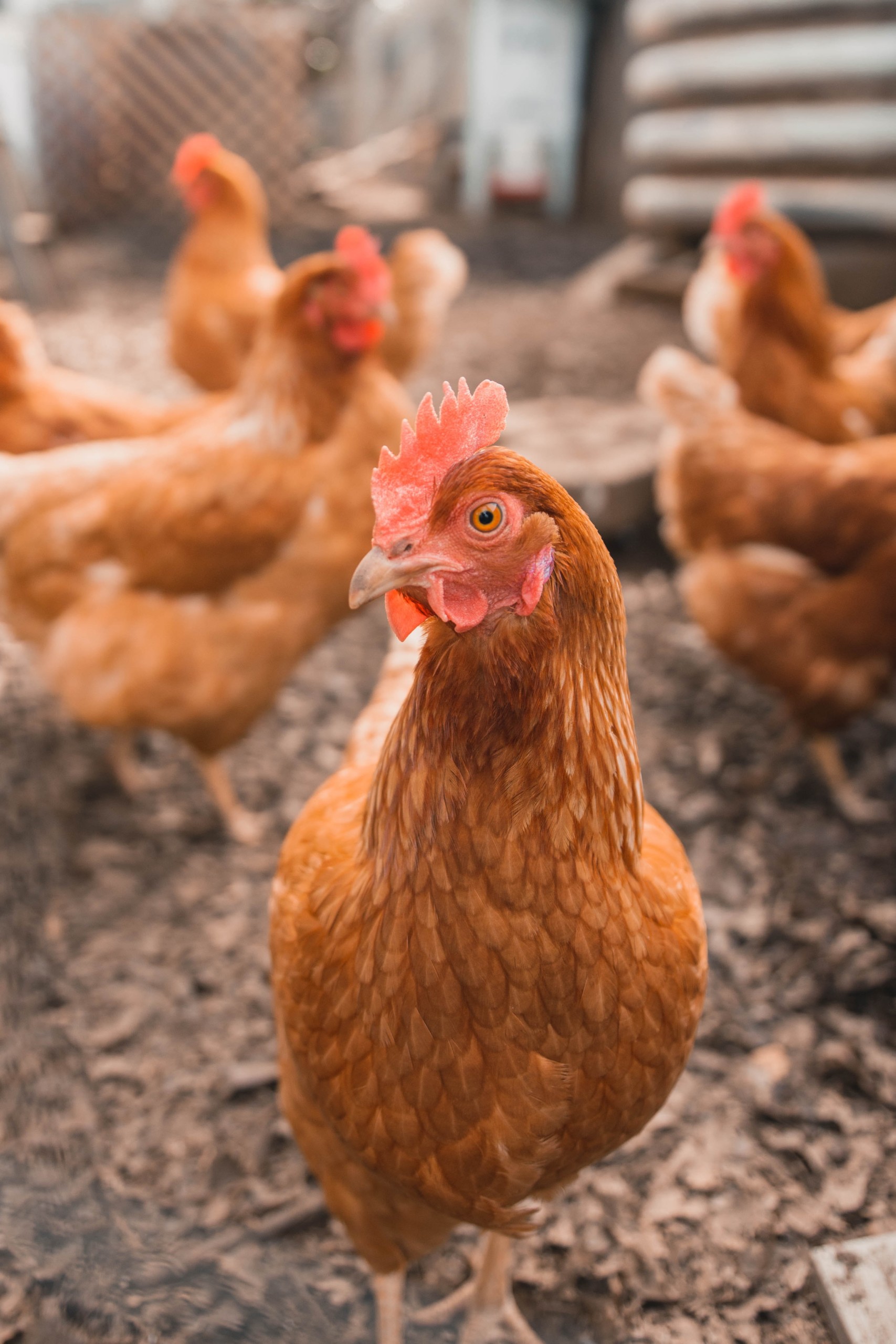
Photo by William Moreland on Unsplash
The U.S. Department of Agriculture (USDA) is considering a proposed rule change that would allow meat companies to process chickens with clinical signs of systemic disease.
If approved, plants would no longer be required to dispose of carcasses that showed signs of Avian Leukosis, a virus that causes tumors and enlarged organs.
Ben Williamson, Program Director, World Animal Protection, US states,
“The proposed change once again illustrates our government’s willingness to bow to major agribusiness interests at the expense of animal and human health. This is clearly an aim to maximize efficiencies and do away with critical regulations that hold the industry accountable to food safety, worker welfare, and animal wellbeing.”
Following approval of a National Chicken Council petition last year, the head of USDA’s Food Safety and Inspection Service (FSIS) is now deciding whether the proposed change can move forward. Instead of condemning infected birds, workers would instead be allowed to cut away suspicious growths and process the rest of the carcass. Tens of thousands of birds are condemned annually for Avian Leukosis. The rule change would also remove the requirement for inspectors to examine the first 300 birds of each flock for signs of the disease.
While the virus is most commonly transmitted from hen to egg, chickens infected at hatching shed the virus their entire lives. It spreads from bird to bird when chickens are in contact with one another’s feces, like in overcrowded intensive confinement barns.
“Infected birds suffer in many ways, including suppressed appetite, weakness, diarrhea, dehydration, weight loss, and enlarged livers,” says THE PERSON. “They also have weakened immune systems, making them more susceptible to other diseases that emerge and spread in factory farm conditions and that may be harmful to both animals and humans.”
The proposed change comes amid ongoing pressure from meat processors urging the government to allow them to operate plants at faster and faster speeds, which increases suffering of animals and workers and compromise food safety. Learn more about our safe line speed action here.

